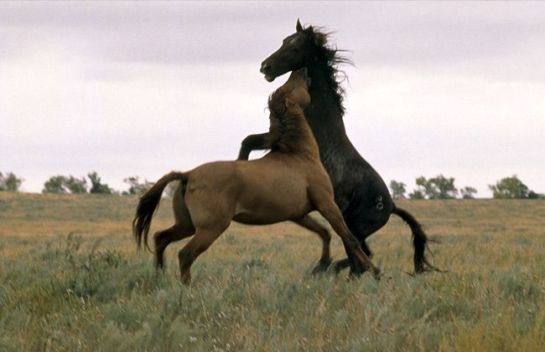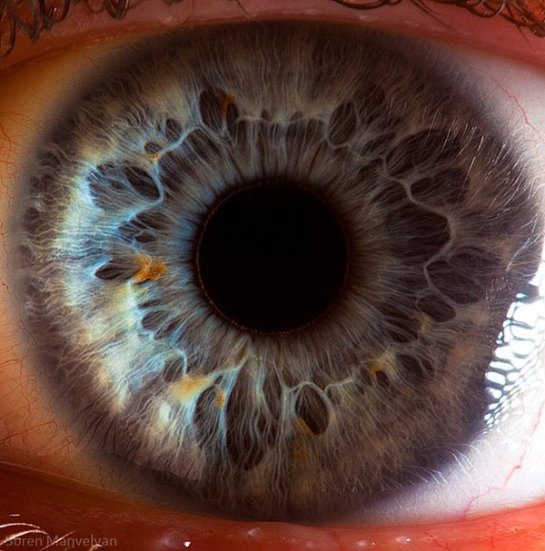I’ve been having a ponder on how aid/charity/NGO workers are popularly perceived by the general public and how people can have set ideas on the working/living situation of such individuals. Allow me to elaborate: I have had various experiences where I catch a glimpse of how people overwhelmingly believe charity workers should essentially be
(a) underpaid (preferably heavily)
(b) have no incentives to do what they do other than a strong, altruistic desire to rid the world of all its wrongs and
(c) that in the process of doing their jobs they should, above all, suffer (ideally by living in a mud hut with no running water or electricity), as any indication that they are not suggests that the tax-payer/supporter is probably paying too much, and funds are being squirrelled off to unnecessary luxuries.

Okay, perhaps I am exaggerating just a liiiittle, but overall that is pretty much an accurate description of how the public views us. I’m going to make an effort to explain why I believe these stereotypes are not only unrealistic but unhelpful.
Firstly, we are, at the end of the day, human. We may have our own families to provide for, we have rent/mortgages to pay, we want to be able to go on holiday occasionally too. Really! Shocking but true. Personally I have a whopping student debt to pay off, and if I can’t pay it off with an aid worker’s salary, then I can’t work as an aid worker but will have to do something else. It really is as simple as that. On another note, if we (as a global collective) are to turn this whole poverty thing around, we need to have the best brains and the best trained if we are to have any chance whatsoever. We need doctors, nurses, economists, campaigners, journalists, human rights advocates, academics – you name it. And education, sadly, isn’t free. This doesn’t mean I believe that salaries should be uncapped – the heads of some charities earning in excess of 100k a year is quite frankly absurd, and is damaging to the sector’s overall reputation.
Then there’s this point: we all have to do the daily slog, but the idea that we should get nothing from ours then a warm fuzzy feeling of having made a small positive change (however nice this idea is) is just a little toooo utopian. Is in fact less controversial for those in the profit-making industry to rake in fat-cat salaries, despite harmful business practices taking their own toll on the very work we are trying to achieve, as well as taking risks which destabilises the global economy? Which brings me to my next point: it is more acceptable to make ostentatious amounts of money in a profession that not only does not help development efforts but directly hinders them. Take the US where such people are not even taxed appropriately (how much tax has Romney been paying on his 20+ million income a year? not so much: http://www.bbc.co.uk/news/world-us-canada-16696347 ), and essentially lost tax money = money NOT being pumped into social services. The fact that Romney did also donate a sizable sum to charity in my opinion misses the point.
To illustrate: for any of us trying to work in international development, you will be aware that it is not easy (and nor should it be – to dissuade the faint-hearted). My first internship was at Oxfam GB’s offices in Oxford, where I worked 3-4 days a week and where I did not receive pay however I did receive lunch reimbursements up to 6 GBP and travel costs to and from the offices (I ended up renting a room in a shared house with some performance poets and walked to/from work every day). After a while I realised I was essentially doing the same work as others who were getting paid a salary, but rather than this being a deterrent I was pleased to be doing work that actually served some purpose instead of doing coffee rounds and photocopying (contrary to what the photo below suggests). However, there was always the lingering suspicion that those who undertake unpaid internships (a) come from middle-class backgrounds whose parents are able to financially support them and (b) those whose families live in the area and rent costs don’t come into play. Take this into consideration when a lot of NGO headquarters (at least, in Europe) tend to be based in well-off areas (Oxford, London, Paris, Geneva, etc) where living costs are not to be taken lightly. This immediately categorises the large majority of volunteers as those with means/resources.

I have mixed feelings about unpaid internships. Granted, they are a great way to get in there and get some experience. However I’m under the impression the entire concept of unpaid labour is imported from the US and, with the recession, have become more common as a means of cutting down on running costs. On the Continent, most countries have laws in place where if a person works full-time for any period longer than 8 weeks the company/organisation is legally obliged to pay them at least minimum wage. However there is no such law in the UK, and the United Nations also does not pay its interns as it has its own agreements with governments on how it operates in their countries (most UN employees for example don’t pay income tax – although this could be attributable to the fact that their wages are paid out of States membership fees anyway). In fact the only UN agency to pay its interns is the International Labour Organisation because to not do so would contradict its mandate. Could we perhaps be slipping into a system where unpaid labour is a morally grey loophole for not paying your staff what they are due? I personally have a friend who worked for free for months on end, waitressing in the evenings to still be able to afford her living costs, in the hope of eventually landing a paid job – an idea which was neither confirmed nor disspelled by the employer, but which never materialised. Are we in fact not conceding ground with regards to our rights to receive due pay for our efforts?
I would like to conclude my pondering and get back on track to my original thought track with the blog article that got me thinking this morning. Duncan Green is Oxfam GB’s head of research and posts interesting articles about his views on international development. (I first came to know of him when he was doing tours across UK universities raising awareness of Oxfam’s GROW campaign.) In his latest article he reflects on the fact that the Oxfam guesthouse in Nairobi has had their swimming pool boarded up right from the start because of concern that the presence of such a luxury item at an aid workers’ guesthouse was a ‘tabloid scandal in the making’ : http://www.oxfamblogs.org/fp2p/?p=8258

Reflections?

















